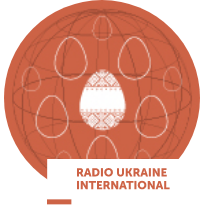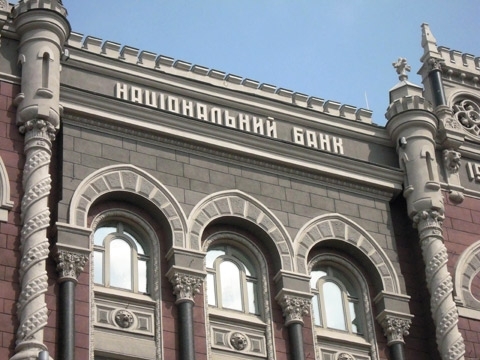NBU resolution No. 654 on the provision of the realization and monitoring of the effectiveness of personal special economic and other restrictive measures (sanctions) of October 1, 2015 took effect on October 2, 2015. According to the resolution, the NBU has now obliged banks, within three days starting from October 2, to submit reports on the availability of banking accounts and ending stocks in them that belong to 388 individuals and 105 companies listed in the supplement to the decision of the NSDC. In addition, banks are obliged to provide information on ending stocks in these accounts and the ways of carrying out financial truncations by individuals and companies included in the sanctions list in their favor before the fifth day of each month. The resolution will be in effect while the sanctions are in place. The NBU said that the types of restrictive measures are stipulated in the NSDC' s decision for each entity. The sanctions include the blocking of assets, halting the fulfillment of economic and financial liabilities, a ban on establishing business contacts, stopping economic and financial liabilities (a ban on issuing credits, loans, financial aid, guarantees, purchase of securities, and crediting via the purchase of securities). As reported, on September 16, Poroshenko by his decree enacted the decision of the National Security and Defense Council (NSDC) of September 2. The presidential decree is supplemented with two attachments with full lists of the individuals and companies to which sanctions and other restrictive measures are applied to for one year and posted on the president's website. The list comprises of 400 individuals and 90 legal entities from Russia, and other countries to which the sanctions apply. The sanctions were imposed on 29 Russian banks, including Bank of Moscow, which has a 100% subsidiary in Ukraine – BM Bank (Kyiv), and Gazprombank (Moscow) which issued credits to large Ukrainian enterprises. According to the document the following sanctions are applied to them: blocking of assets and the halt of fulfillment of economic and financial liabilities. This concerns the temporary restriction of the banks' right to use and manage its assets and the ban to issue credits, loans, financial aid, provide guarantees, issues credits via purchase of securities and buy securities.
Останні новини

"День, якого не повинно бути" — поезія темних часів на Радіо Промінь

"Без Обмежень" новою піснею закликають берегти військових
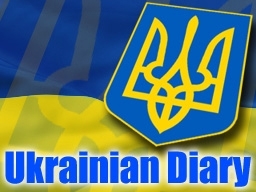
Ukrainian Diary – digest of the most important news over the past week
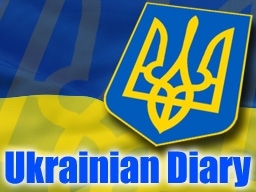
Ukrainian Diary – digest of the most important news over the past week (audio)
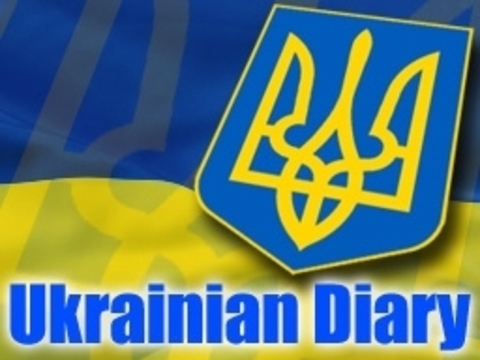
Ukrainian Diary – digest of the most important news over the past week
Related News
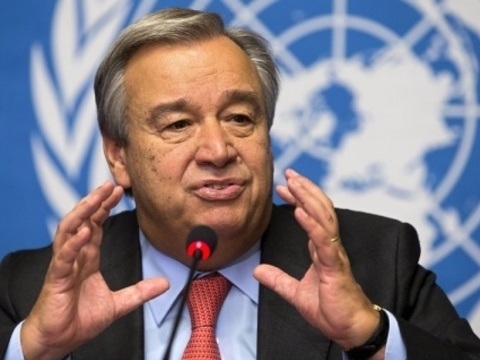
UN names Ukraine one of priority tasks
Freedom House assesses Ukraine as partially free country

IT sphere revenues in Ukraine increase by $ 3.5 billion over year
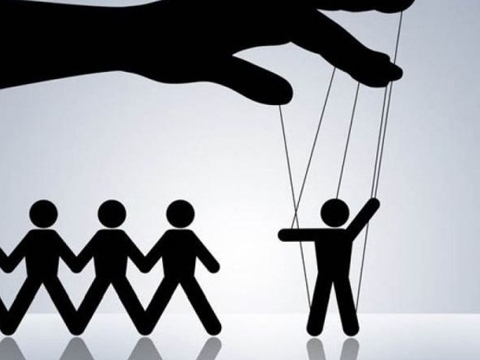
Misinformation campaign seriously weakened Ukraine
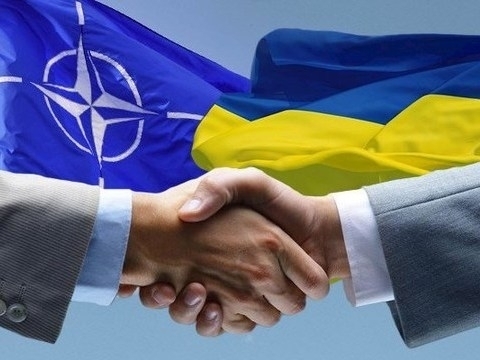
Experts evaluate Ukraine's chances of joining NATO



